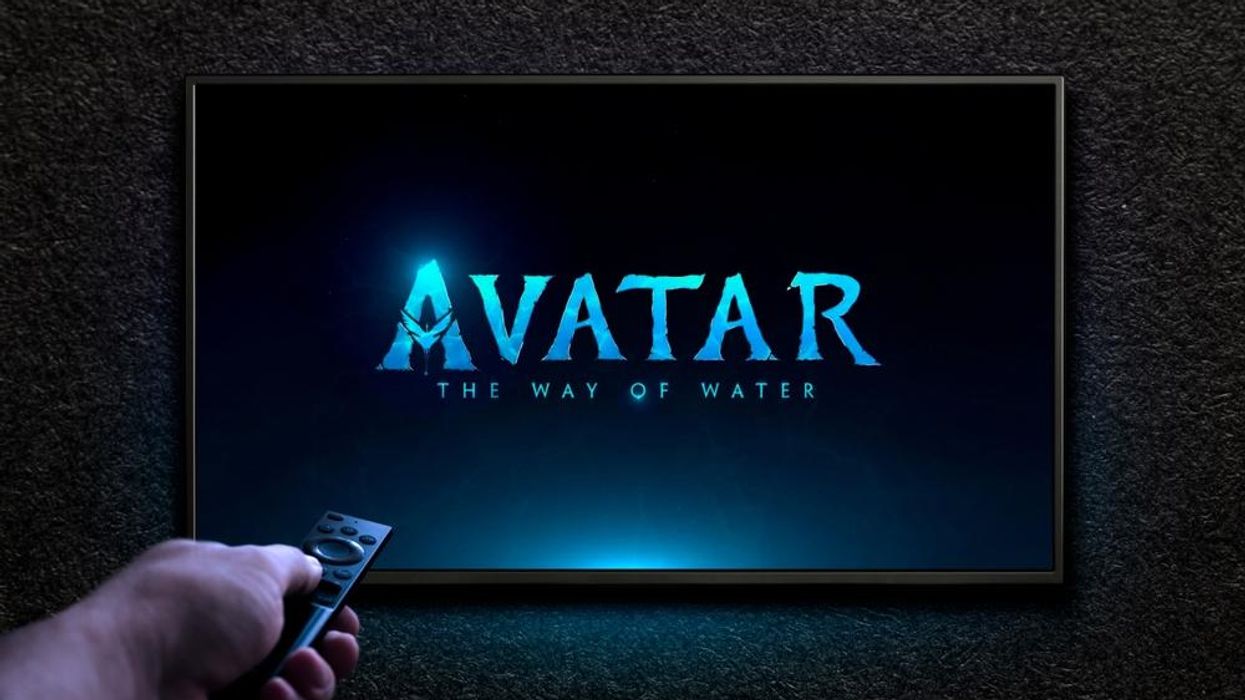Following the release of Avatar: The Way of Water, Indigenous communities are once again levying criticism at the filmmakers for the stereotypical depictions of Native culture, and glorification of colonialization.
Thirteen years ago, Avatar became the highest grossing film of all time. Native communities condemned the movie at the time for its portrayal of the Na'vi, the fictional alien species that drew inspiration from a myriad of Indigenous tribes globally.
The long-anticipated sequel Avatar: The Way of Water introduced an oceanic clan of the Na'vi, heavily inspired by the Maori, New Zealand's Indigenous Polynesian population. Lead character Jake Sully, a White human that previously saved the Na'vi from being exploited by a corporation, became the leader of his own clan.
Activists have criticized Jake's story as a "White savior" narrative, which also upholds the "colonialist trope" that suggests anyone can "go native," reducing Indigenous life as "primitive cultures."
Cheney Poole, a member of the Native community in Christchurch, New Zealand (Otautahi, Aotearoa, in the Maori language), told The Washington Post that the movie is "just another example of the same very upfront and apparent romanticization of colonization."
“It very much romanticizes the idea of what not only Maori are going through but many Indigenous cultures around the world, and almost downplays the suffering," Poole added.
In 2012, director James Cameron described the movie as a “science fiction retelling of the history of North and South America in the early colonial period.” He recently told Uniladthat he took Indigenous concerns into account for the sequel, and intended to improve his portrayal of them.
“The people who have been victimized historically are always right," Cameron said. "It’s not up to me, speaking from a perspective of White privilege, if you will, to tell them that they’re wrong."
But Mana Tyne, a 19-year-old Maori from Queensland, Australia, was upset by the sequel's portrayal of tattoos sacred to the Maori, ta moko, which the film reduced to “abstract, meaningless shapes” that “serve more as an aesthetic."
“I would love to see more Maori people and culture represented on screen in cinema, but I want to see Maori people playing them,” Tyne said. “I don’t want to have to sacrifice the significance of our practices that have already lost so much through colonialism.”
Autumn Asher BlackDeer, an assistant professor of Social Work at the University of Denver, said that Avatar's portrayal of the Na'vi as a "monolith" is particularly harmful, as it reduces Native culture to a single experience — often a stereotype.
“I’m so tired of hearing Indigenous stories from a White perspective,” she said. “We don’t need Hollywood big-budget movies. We could tell our own stories.”
- Georgia Begins Reparations of Native American Artifacts - Advocate Channel ›
- Biden Enacts Federal Disaster Declaration Over Arizona Floods - Advocate Channel ›
- Edward Norton Discovers Real-Life Pocahontas Is His 12th Great-Grandmother - Advocate Channel ›
- Colorado Launches New Alert System to Help Find Missing Indigenous People - Advocate Channel ›
- Olympic Lacrosse Gives Indigenous Culture a Chance to Shine ›



















































